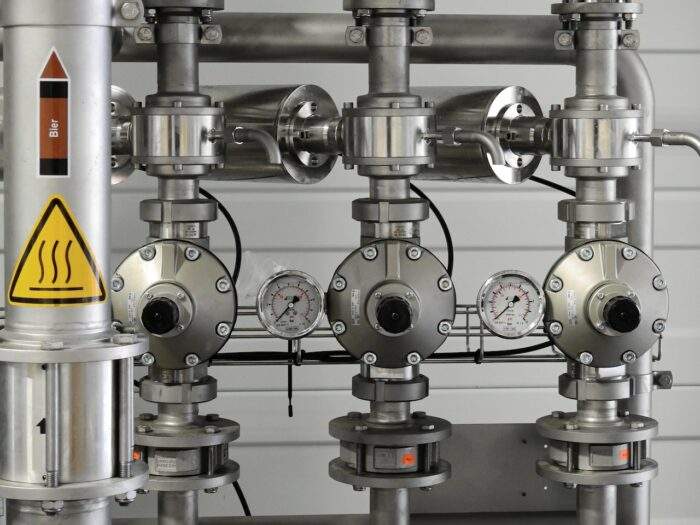How to Maintain Your Septic System for Longevity and Efficiency

More than one in five homes not connected to municipal sewer use a septic system. These systems comprise a house sewer drain, septic tank, and soil absorption field (leach field).
A septic system’s life expectancy depends on a healthy population of bacteria and soil conditions in the leach field. The septic tank’s condition and what is flushed down the drains also factor in.
Drain Field Inspections
A properly functioning septic system requires periodic inspection of the drain field. If you smell sewage, feel soft or spongy soil around your home, or detect excessive grass growth over the septic system, call a septic contractor immediately to investigate.
The septic tank separates organic waste (sludge and grease) from liquid wastewater that flows to the absorption field. If the tank is not pumped regularly, sludge can build up and flow to the drain field, clogging it. This clog prevents the leach field from treating wastewater correctly.
A septic inspector checks the tank’s inlet and outlet openings, the distribution box or “D-box,” and the drain field area. The inspector looks for sinkholes, wetness, and other signs of problems.
Regular Pumping
Large underground tanks, called septic tanks, temporarily store household waste. Its size is determined by how many people reside in the house. Higher inhabitants result in higher usage of faucets, laundry loads, and toilet flushes, which can overtax the system.
A properly functioning septic system requires regular pumping and careful management of what is flushed down the drains. For example, avoid putting excessive amounts of household chemicals like bleach and antibacterial soaps into the system. Instead, use septic-safe cleaning products that are safe for the environment.
Pumping removes accumulated solid waste, liquid, and scum from the tank, and it helps keep the system working efficiently. Additionally, a well-maintained septic tank can add value to your property when it comes time to sell. Buyers will want to know how the septic tank was maintained, and they will likely pay more for a home with clean records.
High-Pressure Water Jetting
If you are a homeowner with a septic system, taking care of this wastewater treatment and disposal option is important. Septic systems are designed to work as a permanent solution until sewer lines reach your home, and they must be properly used, inspected, and maintained to function correctly.
You may reduce the cost of repairs and increase the lifespan of your septic system by maintaining thorough records of upkeep. These documents will also be useful if you ever decide to sell your home since prospective purchasers would want to know the history of your septic system.
Your septic system will run more effectively using less water at home. Think about cutting down on the length of your showers, spreading out your laundry loads over the week, and upgrading your old toilets to high-efficiency versions that use 1.6 gallons or less of water every flush. Installing low-flow faucets, showerheads, and urinals is another way to save water.
Drain Field Cleaning
Most septic systems use a septic tank and soil absorption field to treat household wastewater. Wastewater enters the septic tank through pipes and goes through a settling process as it separates into scum, sludge, and effluent. Grease, oils, and other solids float to the top, while soil, debris, and other solids sink to the bottom. Once the septic tank is full, hydraulic pressure forces the wastewater up and into your drain field.
Once in your absorption field, the wastewater trickles into and through the soil, where sand, organic matter, microorganisms, and decomposition further filter it. This helps to reduce harmful pathogens and nutrients that can pollute nearby drinking water wells, lakes, rivers, streams, or groundwater.
When your drain field becomes clogged, the soil can’t absorb the wastewater, which may cause sewage to the pond at the surface or back up into toilets and kitchen and bathroom drains. Contact your local septic system professional if you have a drain field problem.







